We are excited to announce THREAT2023:CyberFuture, a unique and forward-looking cybersecurity conference set to take place in the beautiful town of Stellenbosch, South Africa, from November 19 - 24, 2023. THREAT2023 will bring together leading experts, and researchers, from Government, Academia and Industry from around the world to explore the cutting edge of cybersecurity, with a focus on emerging themes that will shape the future of digital security. Immediately after the THREAT2023 conference, delegates who have chosen to, will participate in an innovative 3-day CyberFuture Summer School.
About Threat19 to 24 November 2023
19 November 2023
20-21 November 2023
22 to the 24 November 2023
This track investigates the wide-ranging consequences of quantum computing in the realm of cybersecurity, taking into account both the potential risks and the benefits it offers for developing advanced encryption and security solutions. As the field of quantum computing advances, it is crucial to understand the ramifications of this technology on current and future cybersecurity practices. Key topics that may be covered in this track include post-quantum cryptography, the development of quantum-resistant algorithms, the broader impact of quantum computing on existing security infrastructure, the potential vulnerabilities of current cryptographic systems when confronted with quantum computing advancements, as well as exploring the strategies and technologies needed to protect data and systems from quantum-enabled threats.
This track delves into the burgeoning field of artificial intelligence and machine learning in cybersecurity. As the digital landscape continues to evolve, AI and ML technologies are becoming increasingly essential for bolstering cyber defence capabilities and navigating the complex world of cyberwarfare. We welcome submissions on a wide range of topics, including but not limited to: AI-driven threat detection and response, adversarial AI, AI-assisted cyberwarfare, ethical considerations, policy and regulation, human-AI collaboration, and AI-driven cyber resilience. The focus is on the development and implementation of AI and ML technologies to address cyber threats, enhance cyber defence capabilities, and navigate the challenges of cyberwarfare, while also considering ethical and policy implications.
In this track the unique challenges faced by developing countries as they strive to build secure, resilient, and inclusive digital societies is discussed. We welcome submissions on Aligning Cybersecurity with the United Nations Sustainable Development Goals (SDGs) and other emerging UN global frameworks, Building National and Regional CERTs, the Role of International Cooperation and Public-Private Partnerships in Strengthening Cybersecurity, Cybersecurity Policy and Regulatory Frameworks, Capacity Building and Cybersecurity Education amongst others. By focusing on the unique challenges and opportunities faced by developing countries in the realm of cybersecurity, this theme aims to foster a globally inclusive dialogue.
The bio-cyber nexus represents the convergence of biotechnology and cybersecurity, introducing new vulnerabilities and threats in the digital landscape. As biological systems are increasingly manipulated using computational techniques, the potential for AI-driven cyberattacks on these systems grows. Cyber-biological attacks, where digital tools target biological systems directly, pose a significant concern. This highlights the need for robust cybersecurity measures accounting for biological systems' unique characteristics. Addressing the bio-cyber nexus's ethical, legal, and social implications is crucial, requiring interdisciplinary collaboration among experts in various fields. Policymakers must establish regulatory frameworks promoting innovation while mitigating risks associated with this convergence. By staying updated on the latest developments and threats, researchers, practitioners, and policymakers can develop innovative solutions, harnessing biotechnology's potential while safeguarding individuals and society's security and privacy. This track focuses on biohacking, genetic data privacy, and medical device and healthcare system security, inviting submissions on novel approaches to protect sensitive biological data, secure biotechnology research, and explore bio-cybersecurity's emerging field.
With the rise of virtual reality and augmented reality technologies, this track explores the unique cybersecurity challenges associated with virtual worlds and digital identities. Topics may include securing virtual economies, privacy concerns in the metaverse, and the legal and regulatory implications of digital identity theft and cybercrime in virtual environments. The militarisation of the metaverse and (cyber)space is also of concern. As space becomes increasingly commercialized and accessible, the unique challenges and opportunities associated with securing space-based assets and infrastructure are becoming increasingly important. Innovative applications of blockchain technologies in securing the metaverse artefacts, such as NFTs will also be considered.
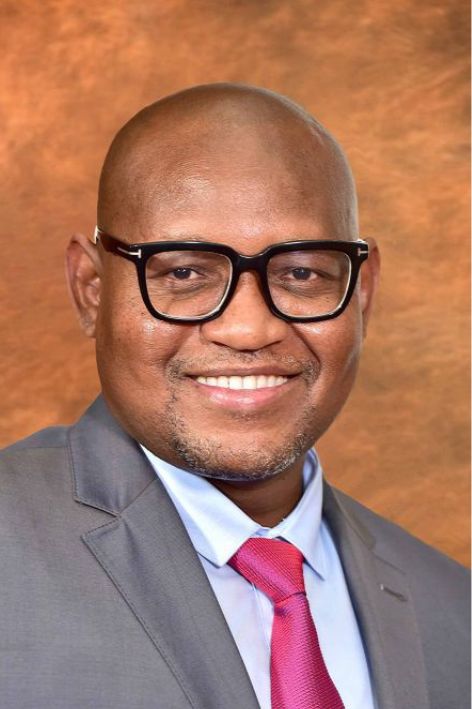
Deputy Minister of Communications & Digital Technologies

Deputy Vice Chancellor for Strategy, Global and Corporate Affairs, at Stellenbosch University

Principal Deputy Assistant Secretary for Cyberspace and Digital Policy

Chair of the African Union Cyber Security Expert Group
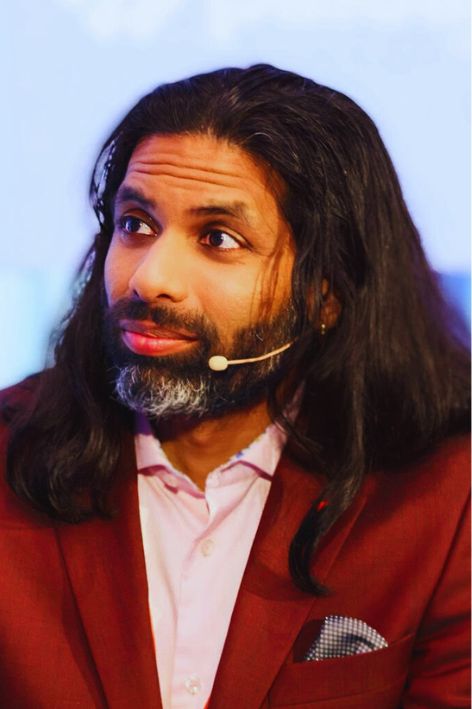
Chairperson of the National Security Centre of Excellence (NSCOE Canada)
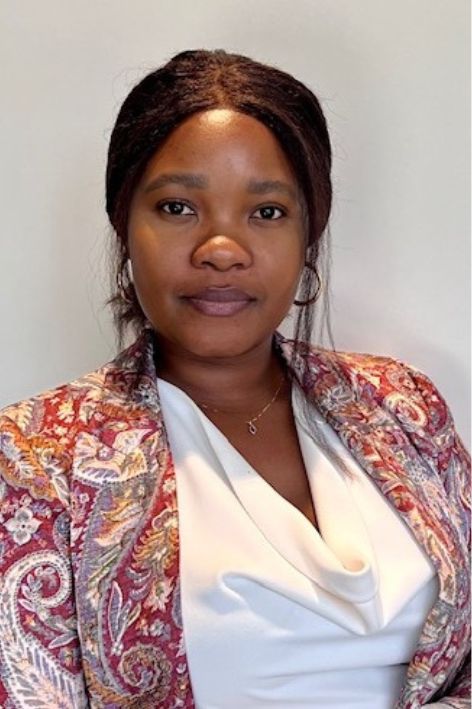
Research consultant in cyber diplomacy and international security

Senior Cybersecurity Consultant for the World Bank
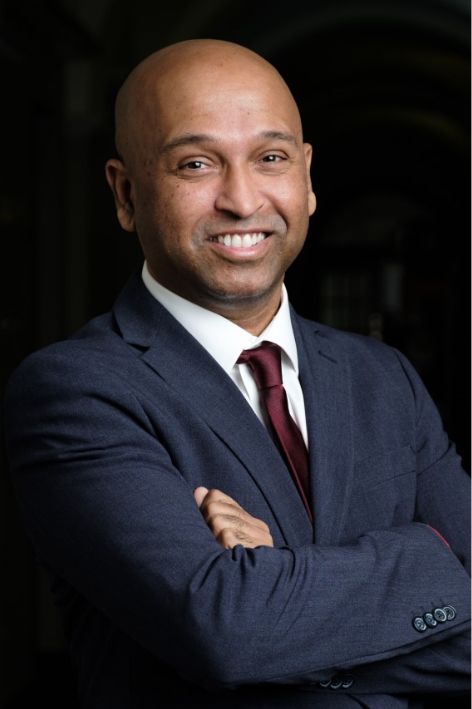
Director of the School for Data Science and Computational Thinking at Stellenbosch University.
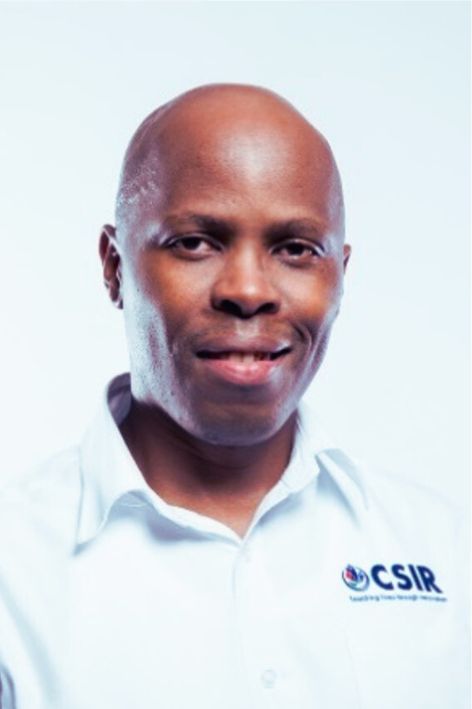
Chief Researcher at the Council for Scientific and Industrial Research

Cyber Policy Lead at the UK’s Office to the African Union

Capitec Chair of Applied AI and Chair of Computational Thinking for AI, Stellenbosch University

Cyber and Digital Policy Officer at U.S. Embassy Pretoria

Interim director of the National Institute for Theoretical and Computational
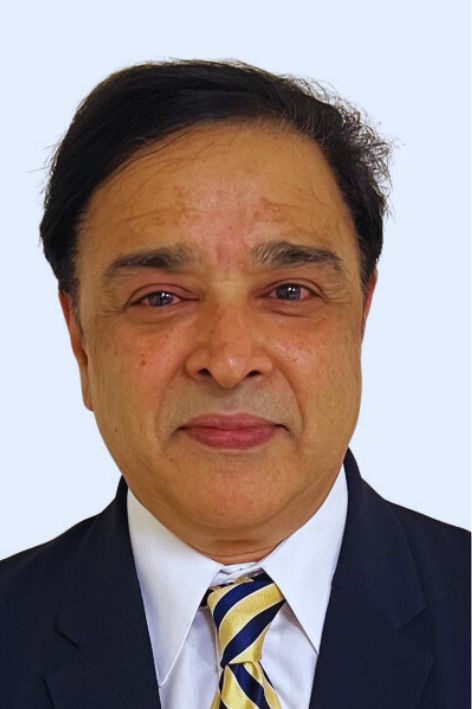
G. Brint Ryan Endowed Chair of Artificial Intelligence and Cybersecurity at the University of North Texas,

Associate professor in IT at the Durban University of Technology.

Strategy Associate at the Cyber Security Institute.

Director, Board Forum of Incident Response and Security Teams (FIRST) Senior Advisor, Swiss Ministry of foreign affairs
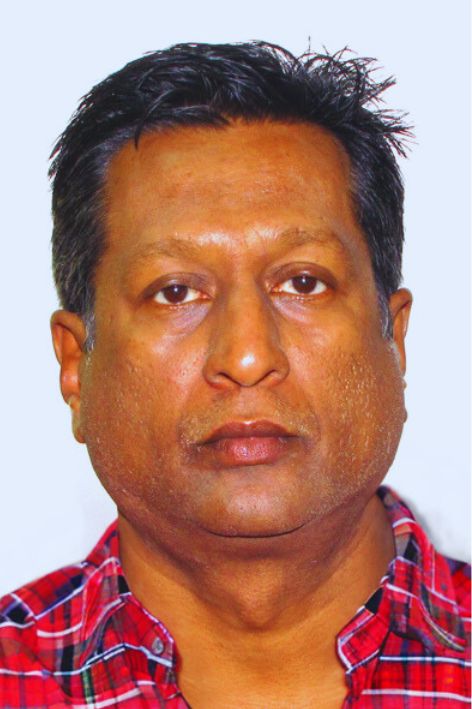
South African Department of Communications and Digital Technologies (DCDT) managing the national Computer Security Incident Response Team (CSIRT)

SVP of Content Strategy for KnowBe4 Africa
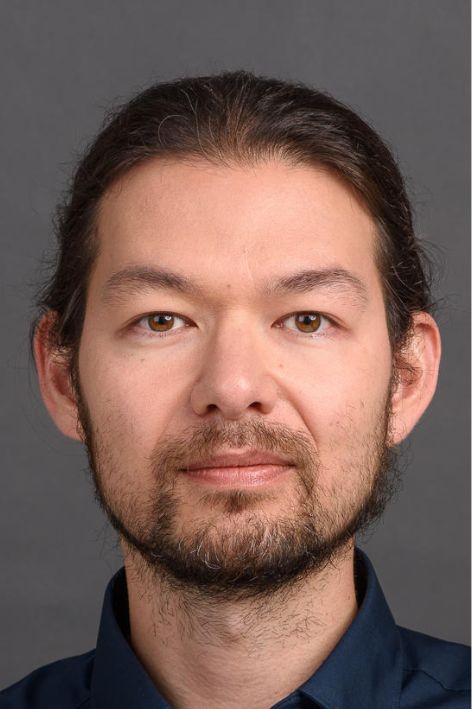
Co-founder and CTO of the IT security consultancy Whirly Labs (Pty) Ltd,

SARAO Research Chair in Radio Astronomy Techniques & Technologies (RATT) at Rhodes University

Cybersecurity and Product Security researcher

CEO Younite

founder and President of Women in Cybersecurity (WiCyS) Southern Africa

CEO and Founder, Snode
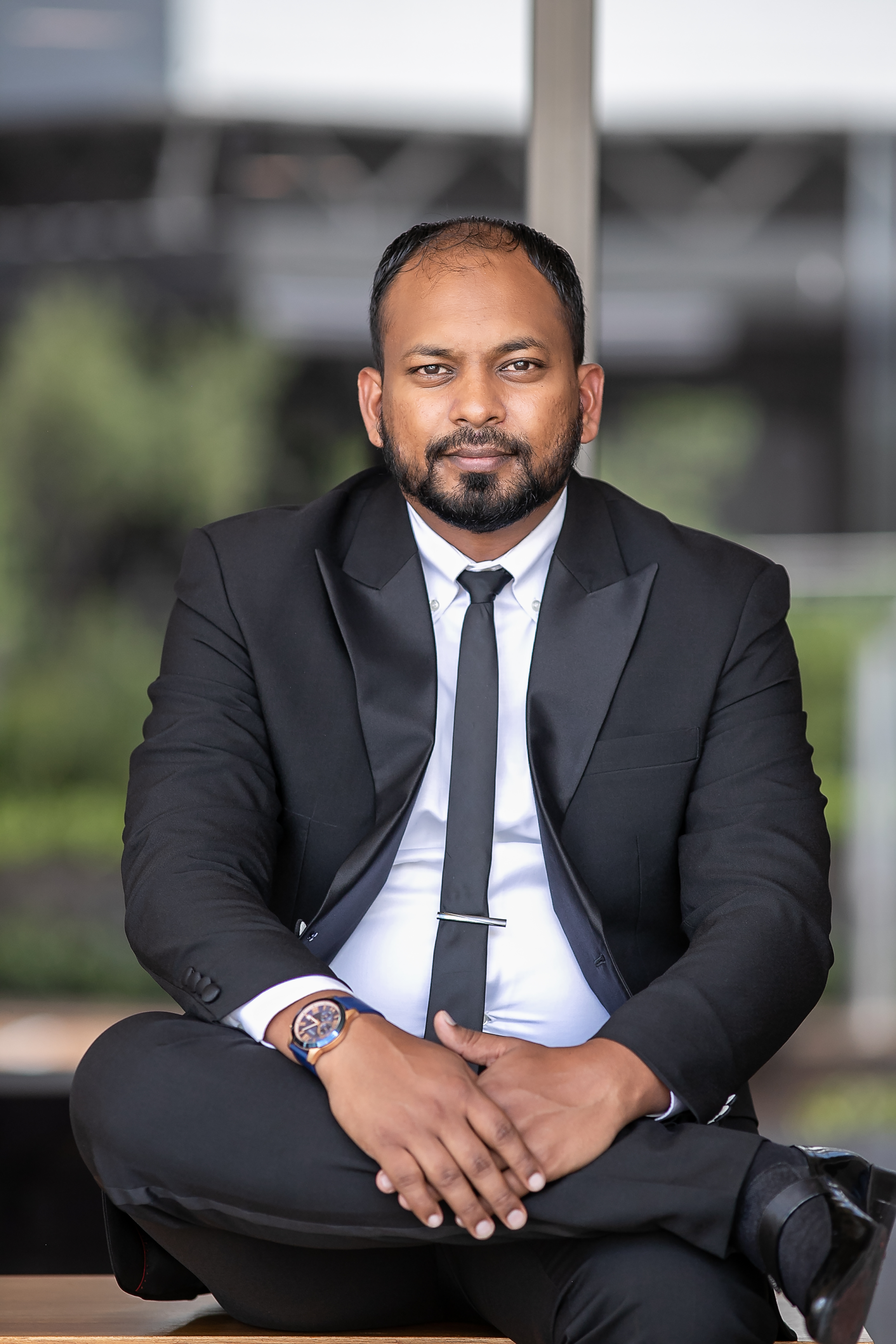
Managing director, WWise

Manager of MANCOSA School of Information and Digital Technology

Masterclass Instructor, EC-Council

HR and Training Manager, NIL Data South Africa
Event venue location info and gallery